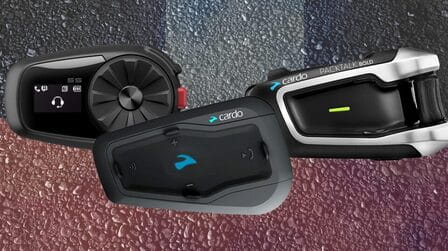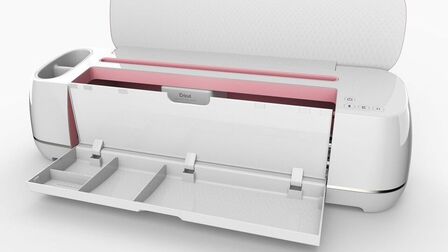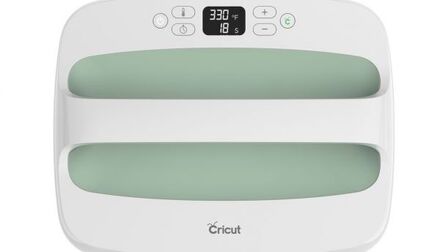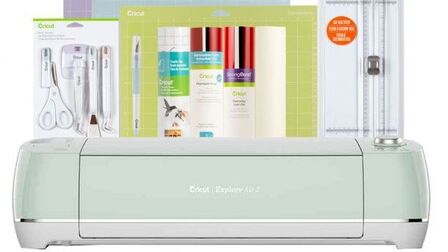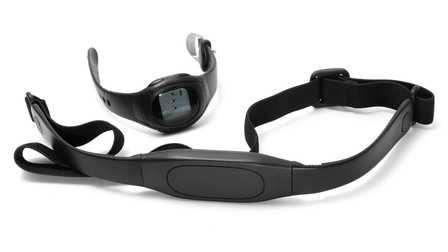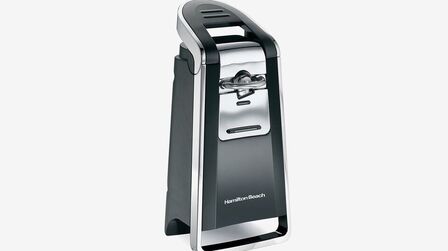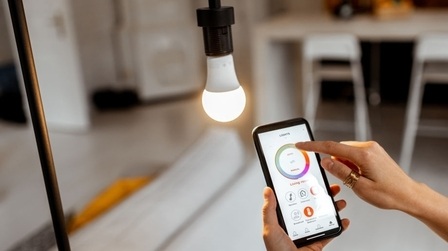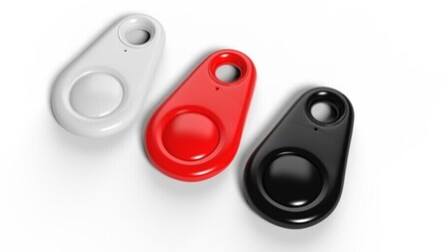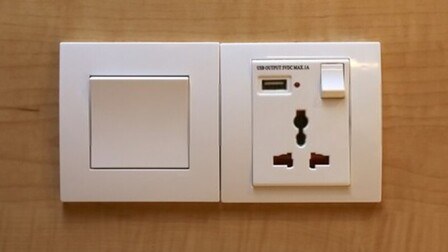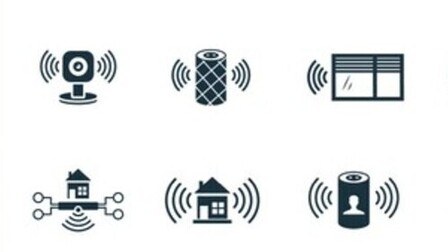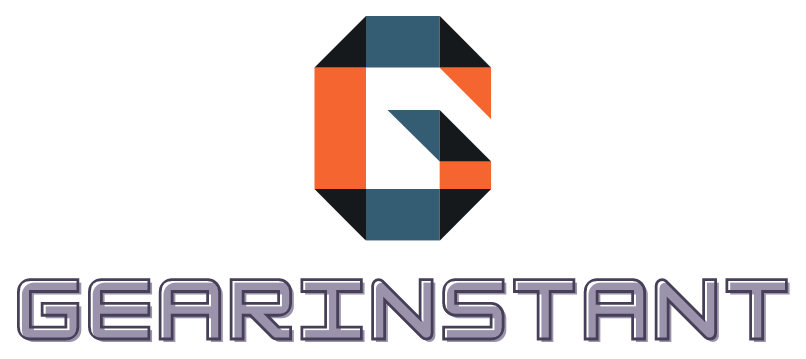Electronic technology is always in the eyes of new devices such as laptops, they alternately change not only the appearance of the machine, but also upgrade applications and specifications to keep up with demand. Modern use by consumers. Furthermore, there is no best laptop because there isn't a single user type or some people who care more about specs. others pay more attention to screens, your needs will increase as your usage increases. So that's why we don't give answers on what kind of laptop or brand is best. Instead we have specific lists of features that you need to know when choosing a computer for yourself.
1. Size and form factor
1.1. Size
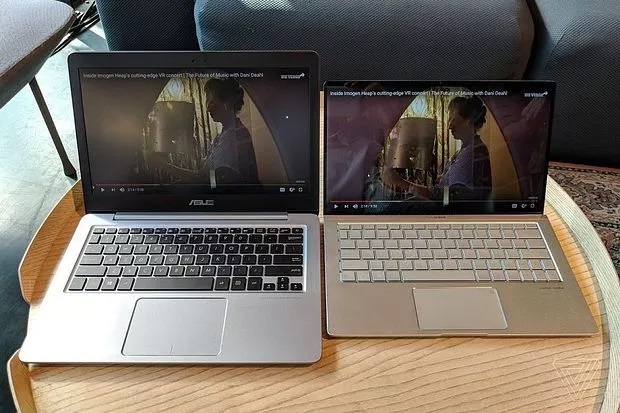
Size characteristics matter when it comes to notebook computers. Depending on what you plan to do with the laptop in your range, you may want to choose a laptop of the right size. In particular, the size is not the same as features like ROM and RAM because it can be upgraded over time as the machine depends on the appearance when you speed it up. Laptop sizes tend to start from 11. 6 inches and go up to 18 inches.
Usually on the market commonly used 3 sizes: 13. 3 inch, 14 inch and 15. 5 inch. However, some vendors selling laptops outside of these sizes include 11. 6 inch 12. 5 inch and 14 inch. If your work is mobile, choose a laptop that is compact, thinner, and lighter than the one with a 12. 5-inch-13. 3-inch laptop that weighs 1 kg-1. 5. kg. Small machines usually do not support high Intel Core CPUs or discrete graphics because all these accessories are only found on 15. 6-inch machines, until using for a while the access via the ports like USB are less powerful.
On the other hand, if the job requires a larger display or independent graphics, you need to consider the larger size.
1.2. Form Factor

- 11 - 12 inch: this is the thinnest and lightest device, weighing less than 1. 5kg. Quite a few Chromebooks have this screen size. However, with this small screen, the keyboard is also the same size, making it uncomfortable to use.
- 13 - 14 inches: This is a fairly suitable size for a laptop to show the balance between portability and performance. The average weight of a computer with this screen size is between 2-3 kg.
- 15 inches: The most popular size, most affordable, and generally weighing 4-5 kilograms. If you don't have to carry your computer on the go too often, it's a pretty good choice.
- 17-18 inch: is the laptop with the largest screen. This type of machine is often chosen by gamers or professional designers because of its powerful processor, high-quality screen. Due to their large screen sizes, laptops of this type are often equipped with high-voltage quad-core CPUs, powerful discrete graphics cards, and plenty of storage drives.
2. Screen quality

The more advanced the technology, the more computer usage you use, the longer it harms you to sit directly with the portable cloud screen, the more light radiation from the camera affects your vision. So you want to be sure to choose a laptop that is affordable but also protects your health, and the screen is comfortable to look at.
Currently, many manufacturers have upgraded to their laptop screens as touch screens, but it increases the speed of the screen, usually the glossy screen is more prone to glare a little bit and this is also a certain disadvantage when watching movies or entertainment.
Resolution on whatever laptop you're thinking of. Overall, the resolution of 1920x1080 pixels (Full HD) is considered minimal if you want plenty of space to stack the windows and stay in view. Or some modern laptops also offer 4K resolution, which is expensive and intended only for content creation professionals. Photographers and videographers will also want to privilege a laptop with better color accuracy and wider color gamut support and HDR standards, here is Delta E color accuracy <1 and 100% coverage of the DCI-P3 color gamut. As a gamer, you should also take the time to test the refresh rate on the screen of any laptop. Ideally it has a response time of less than 5ms or a refresh rate greater than 144Hz.
Laptop screens use IPS technology which means the in-plane switch provides the widest viewing angle and the most comfortable to the user so laptops with IPS screens are often preferred.
3. Quality keyboard

For alternate typing tasks, it is necessary to choose a laptop with a comfortable keyboard with the press of a firm keypad, the keyboard signs should be clear and make no noise. In particular, the keyboard has a comfortable layout with full-sized keys and some space around the arrow keys, when swiping down and responsive. In addition, make sure the keyboard is also backlit to help easily work in the dark.
However, in some directions, users are used to hitting on the laptop chassis, so the separation of modern machines is quite difficult, so before you buy, you have to try and see if it fits. So Apple and Lenovo are the manufacturers providing the best quality keyboard and touchpad.
4. Technical specifications
4.1.CPU



When buying a new laptop you need a close look at the technical details, you can now see the specifications for Core i3, Core i5 and Core i7 processors through product information on the pages. from the manufacturer or they have been pasted on the machine.
- Core i3: typically found in low-end systems
- Core i5: the majority of entry-level computers.
- Core i7: for those who want the best performance but for Core i7 the heat passes through the laptop's base and if you spend a lot of time.
●Core i9: Currently, to meet high-level processing or fast work needs. Manufacturers have integrated Intel's Core i9 processor at a faster rate, maybe it runs on par with a desktop computer, but it comes at a high price.
Now laptops that run on AMD's Ryzen Mobile CPUs are ideal if you're a gamer who is also an especially attractive option at a lower price point. On the other hand, Ryzen Mobile CPUs are paired with AMD's Vega graphics chipset which makes better use of Intel's integrated graphics.
4.2.RAM

Mostly, if you study or do simple office work, you only need no more than 4GB of RAM to exploit and store information. However, today 8GB is the minimum when you want to use more than 16GB is right for you. Meanwhile, gamers looking for a good experience should consider dialing up to 32GB or higher. In particular, more RAM allows running more applications, fast access systems and even being able to retrieve a lot of data at the same time.
Remarkable, in addition to the RAM specification, for example 8 GB, DDR4 (2 slots), 3200 MHz, the letter DDR stands for Double Data Rate and the number behind refers to the creation of the wallet component design. For example, DDR4 RAM is the most recent hardware system in 2020 because the number appearing after the DDR symbol is this number measuring the maximum transfer rate. A small point for more RAM in a laptop includes single and dual channel RAM
Dual channel: more often desirable than a laptop with an equivalent single channel memory capacity at the same baud rate because dual channel RAM can transmit larger amounts of data at the same time. Lastly, RAM is relatively cheap and is often easily upgradeable in modern laptops so make sure to consider it carefully before choosing.
4.3. Hard drive / SSD
In the old days, hard drives were considered places to store a lot of information, but since they can be slow, a bit cumbersome and generate heat and noise, they are not very popular and not suitable for laptops. Today, society develops creating solid-state drives (SSDs) that provide much higher speeds than conventional hard drives that run smoothly and can be installed in a form that does not add too much weight and quantity. However, SSDs don't offer much more raw capacity.
Moreover, a fast drive is more important than a large one. If possible, you should choose a machine with a Solid State Drive (SSD), because the SSD drive has a high data transfer rate. However, SSDs are usually more expensive than other hard drives. Conversely, if you need large storage capabilities, the hard drives will usually accommodate this in current laptops. On average, today's laptops have a storage capacity of 500GB or more but now to make up for that many laptop OEMs and PCs have now paired a smaller SSD with a larger hard drive that is easier to use.
5. USB
When choosing any laptop, look for one that has at least a few USB 3. 0 ports. You better take a look. Most USB ports allow for plugging in an external hard drive or SSD and backing up data or using a regular mouse or keyboard with a laptop. Besides, USB 3. 0 data transfer takes about ten times faster than USB 2. 0. This means significantly more. If possible you should choose USB 3. 1 ports because it allows throughput up to 10 gigabits, double that of USB 3. 1.
On the other hand, you can choose the Thunderbolt 3 port that offers the highest data transfer rate of 40 gigabits per second. In general, since many users switch to a lot of leaf wiring, upgrading the power is very necessary.
6. Security Method
Information security operations such as fingerprint readers are common on mobile devices and Windows 10 operating systems, but the risk of fingerprint tampering and people can guess your password is probably very rare. Fortunately, however, this feature is quite common on many modern laptops from major OEMs like ASUS, Dell and HP. Some machines even integrate a fingerprint sensor into the keyboard to make it safer.
On the other hand, some other manufacturers also FaceID-style facial recognition that allows you to unlock the laptop. Even so, the standard fingerprint sensor standard will provide more than enough peace of mind.
7. Battery life

The product information of the laptop always gives the battery life how many hours in a day or how many minutes to charge the device. But the above shows that actual use is what matters because there simply are too many variables that affect battery life such as screen brightness, screen resolution, number of apps running, or whether you stay connected to the Wi Fi network or Bluetooth device.
Furthermore, the operating system the laptop runs on can also play an important role in determining battery life. Therefore, ultrabooks and converters running on Chrome OS tend to provide more battery life than machines running on Windows 10. In particular, the feature considers the rating of the battery in either Watt-hours (Wh) or milliamp-hours (mAh) if the larger the number, the longer the battery can be used. The best requirement for batteries is the quick charge factor.
Conclusion
Of course, to balance a good laptop to meet all your needs, we should consider our budget as well because a good machine always comes with a high price. Not really, you can look through the criteria that we analyzed, you can find the models with more specific information.

